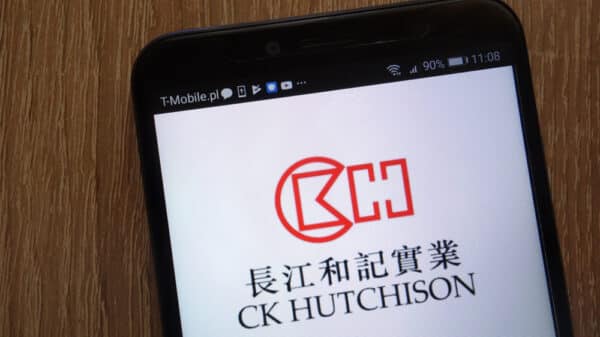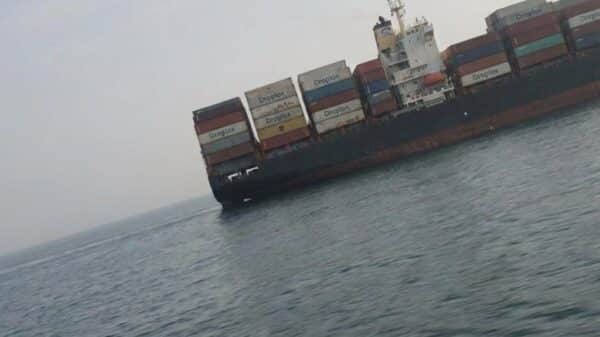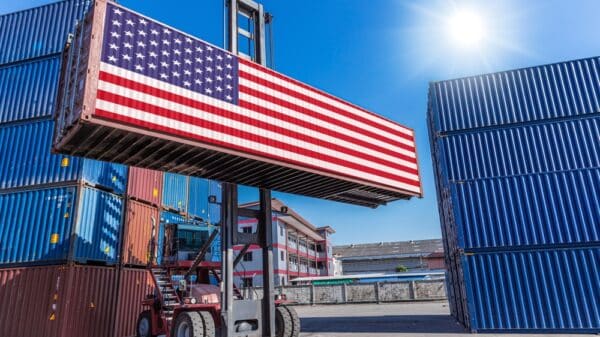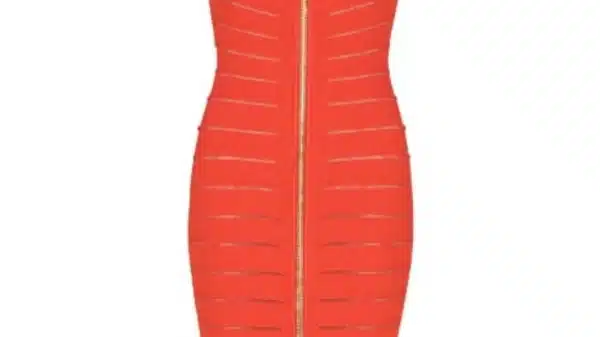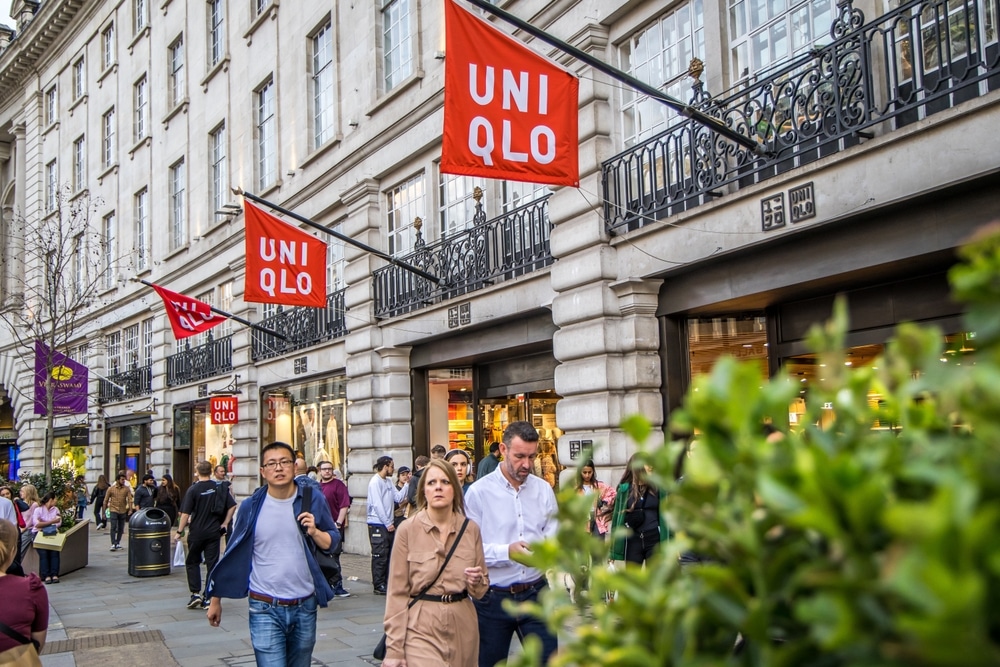The ongoing fluctuations in global trade have left a notable mark on the fashion industry, with tariffs playing a significant role in shaping business strategies. One of the most prominent voices in this conversation is Tadashi Yanai, the founder of Uniqlo, a leading fashion brand based in Japan. His insights shed light on the potential repercussions tariffs might have on the U.S. market.
The U.S. as the Primary Victim of Tariffs
In recent statements during a Uniqlo event in New York City, Yanai expressed concerns that the U.S. might bear the brunt of the economic fallout caused by rising tariffs. As the chief executive of Fast Retailing, the umbrella company for Uniqlo, Yanai is acutely aware of the implications of such policies on his operations and the broader market. He emphasized, “I’m afraid the world could (go) bankrupt. America is the one that could suffer the most,” highlighting a profound concern for the American consumer and the industry at large.
Expanding Growth Amid Tariff Challenges
Despite these challenges, Fast Retailing remains committed to expanding its footprint in Europe and North America, targeting a robust growth campaign. However, the company has already indicated that the imposition of higher tariffs will have a tangible effect on its American operations. In July, Uniqlo announced plans to raise prices in response to these tariffs, a strategy aimed at cushioning the financial impact on the brand.
Sourcing and Production Dynamics
A crucial consideration for Uniqlo is where its products are manufactured. Most items sold in the United States are sourced from Southeast Asia and South Asia. This geographical dependency means that tariffs could greatly increase production costs, ultimately affecting consumers’ wallets. The intricate web of global supply chains makes the fashion industry particularly vulnerable to shifts in trade policy.
The Broader Economic Landscape
Yanai’s warnings signal a larger issue within the global economy. The tariff landscape can often lead to increased costs for consumers, diminished sales for retailers, and an unsettling environment for manufacturers. Understanding this dynamic is essential for fashion enthusiasts and industry stakeholders, who must navigate the intricacies of global commerce in fashion.
Conclusion
Tadashi Yanai’s perspectives on tariffs are not merely statements about Uniqlo; they reflect a broader concern regarding the future of the fashion industry in the U.S. and beyond. As brands like Uniqlo adapt to these challenges, the implications for consumers and the economy at large will be significant. Keeping an eye on how these developments unfold will be essential for anyone interested in the intersection of fashion and global trade.
Image Source: Mareks Perkons / Shutterstock



